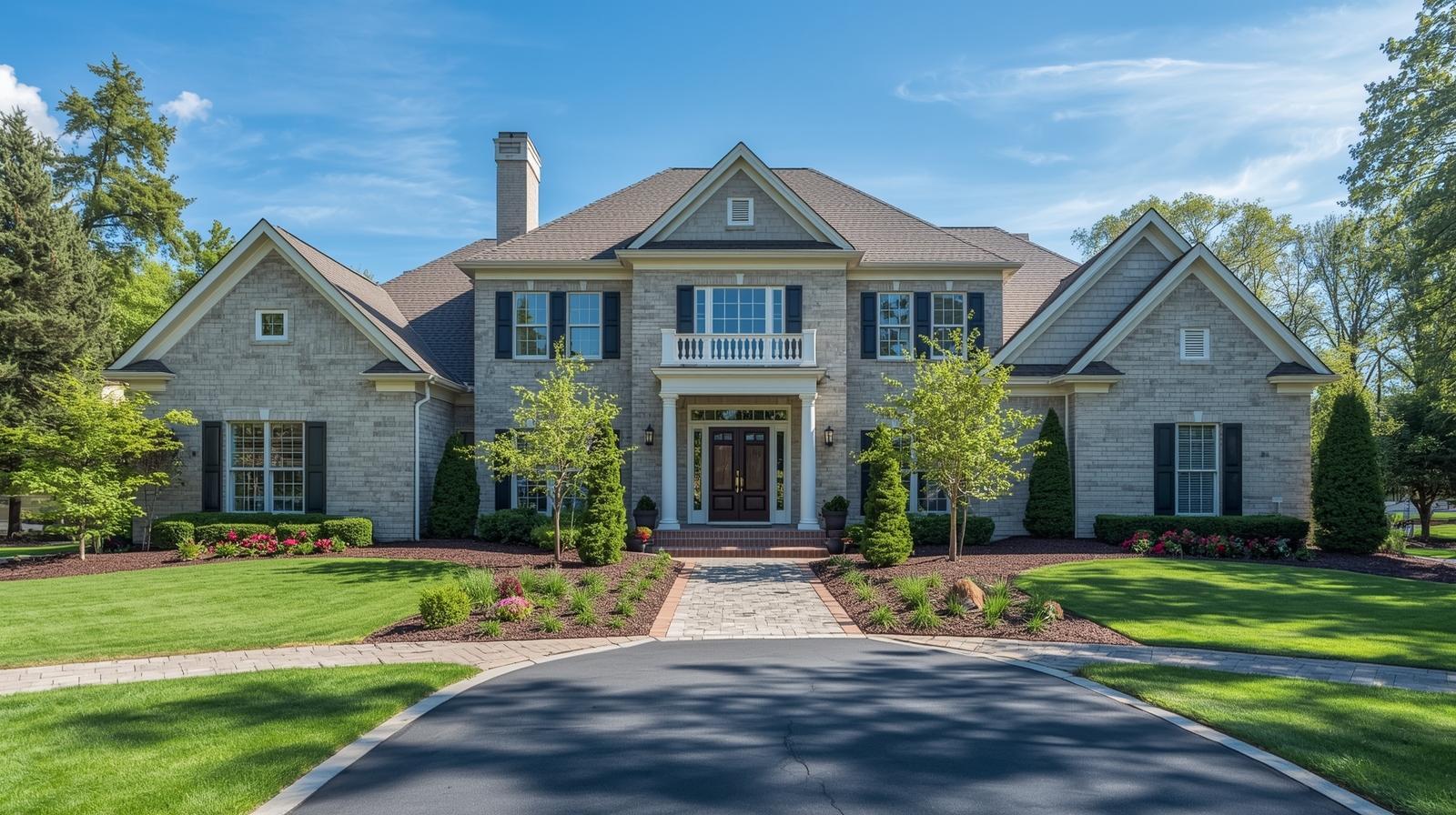How much does it cost to refinance?
The average closing costs for a mortgage refinance are about $5,000, though costs vary according to the size of your loan and the state and county where you live, according to data from Freddie Mac. Generally, you can expect to pay 2 percent to 5 percent of the loan principal amount in closing costs. For a $200,000 mortgage refinance, for example, your closing costs could run $4,000 to $10,000.
| CLOSING COSTS | FEE |
|---|---|
| Application fee | $75-$300 or more |
| Origination and/or underwriting fee | 0.5%-1.5% of loan principal |
| Recording fee | Cost depends on location |
| Appraisal fee | $300-$400 or more |
| Credit check fee | $25 or more |
| Title services | $700-$900 |
| Survey fee | $150-$400 |
| Attorney/closing fee | $500-$1,000 |
How to lower the cost to refinance
There are many ways you can keep costs down when you refinance your mortgage.
1. Boost your credit score
The better your credit, the lower the interest rate you’ll qualify for when refinancing. To get the best rate you can, work on improving your credit before you start applying to refinance. Check your credit report at AnnualCreditReport.com and review it for errors. If you spot a mistake, you can dispute it by contacting the credit reporting agencies (Equifax, Experian or TransUnion). Maintain your credit by paying all of your bills on time, keeping your credit card balances well below the limit and paying more than the minimum amount, if possible.
2. Compare mortgage offers and rates
Shop around to compare refinance rates and terms from several banks and mortgage companies. You can work with a mortgage broker to get a range of offers. Don’t skip consulting with your existing mortgage lender, either — as a repeat customer, you may be eligible for discounts or special deals that could substantially lower your overall costs.
3. Negotiate closing costs
As with your first mortgage, look closely at the loan estimate from your lender to see the breakdown of costs. You may save yourself some money by negotiating closing costs, especially if you’ve shopped around and have more than one refinance offer in hand. If some fees seem unusually high, including the application fee, underwriting fee or rate-lock fee, it’s worth questioning the lender to see if these can be lowered.
“Your best course of action is to do some comparison shopping,” says Kim Bragman, chairman of the San Antonio Board of Realtors. “It’s not so much about negotiating as it is shopping around for the best prices, both in terms of interest rates and closing costs.”
4. Ask for fee waivers
In the same vein, ask your bank or lender if it will waive or lower the application fee or credit check fee. You can also see if it will let you forgo a new home appraisal or survey if you’ve recently had one done. Your lender may be willing to work with you, particularly if you’re an existing customer.
5. Assess whether to buy mortgage points
If you want to lower your closing costs, consider whether buying mortgage or discount points is worth it. While buying points lowers your interest rate, it’s usually best only when you expect to own the home for a long time. You can use Bankrate’s mortgage refinance calculator to help determine whether it’s worthwhile to buy points when refinancing.
6. Go with your original title insurer
You can try to cut down your title services costs by asking your current title insurance company how much it would charge to reissue the policy for your refinanced loan. Doing this may cost less than starting over with a new company or policy.
7. Consider a no-closing cost refinance
If you’re low on cash, consider a no-closing-cost refinance. It isn’t free, but it means you won’t have to pay fees at closing. Instead, the lender will either raise your interest rate or fold the closing costs into the new loan.
The advantage of a no-closing-cost refinance is that you don’t have to come up with thousands of dollars to pay the fees at the loan signing. The downside, however, is that you may end up paying more over the life of the loan.
“It really depends on how long you plan on being in the house,” Bragman says. “If you choose to forgo closing costs but have a high interest rate on the loan, this can add up and you could end up paying more in the long run.”
Bottom line
Closing costs on a refinance can be substantial, so take time to shop around for a favorable offer and compare loan estimates to understand all of costs involved. It’s worth trying to negotiate with the lender, as well, as sometimes closing costs can be waived or lowered.










Related Posts